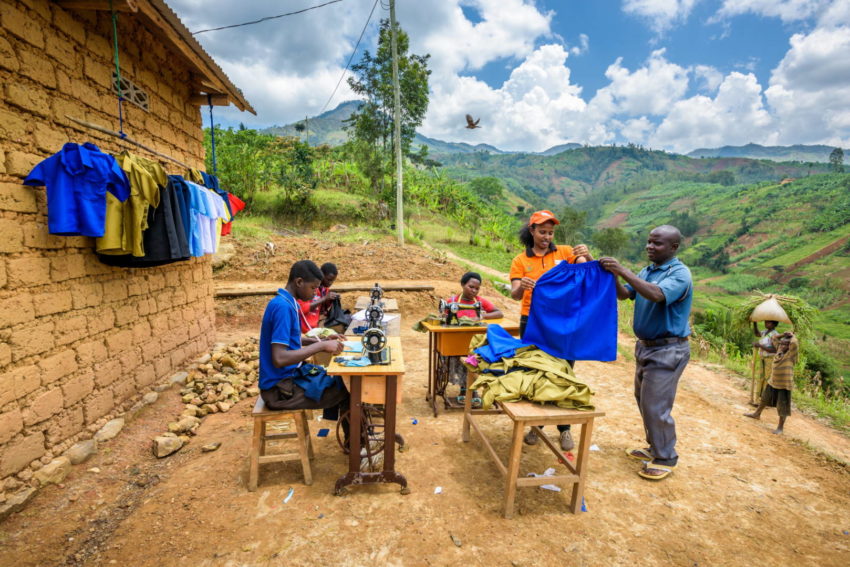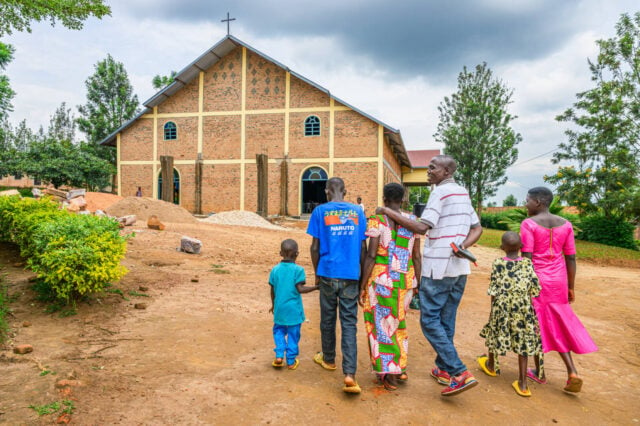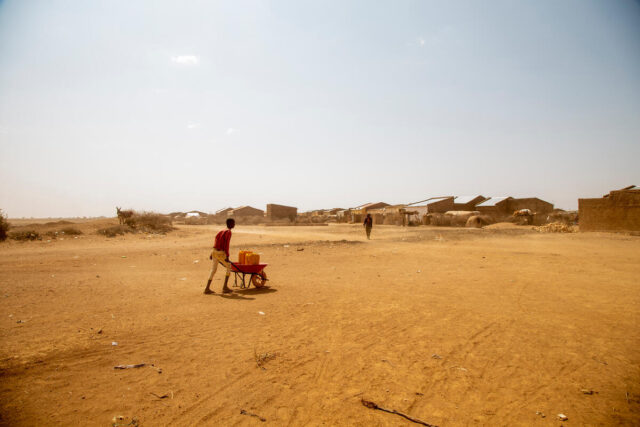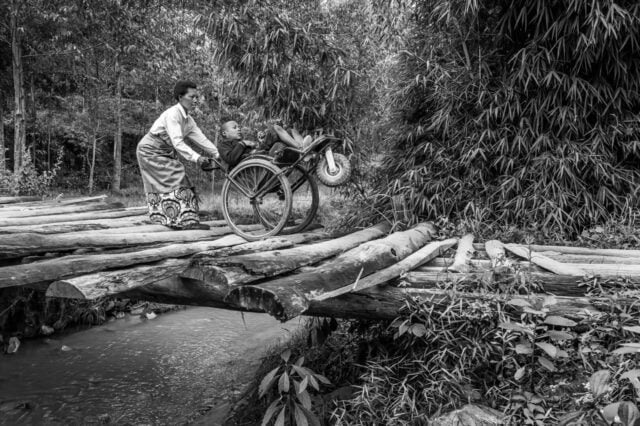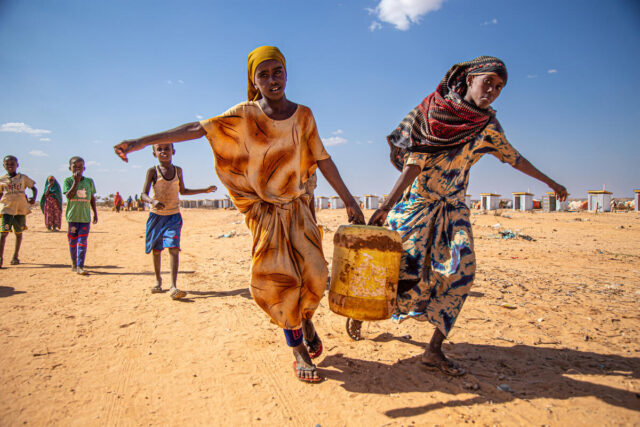On Oct. 1, 2018, I’ll be handing over the reins as president of World Vision U.S. The best part of traveling the globe these past 20 years has been witnessing positive change. Not just wells drilled, children fed, and loans disbursed, but deep and lasting transformation in people’s hearts when they’re freed from poverty.
Because you see, poverty isn’t only about lacking material things. It’s also mental, spiritual, and cultural. We live in a world that places price tags on people. Wealthy, successful, powerful people are highly valued. Poor, homeless, powerless people are not.
But this is not how God sees people, and Jesus proved it. In his public ministry, he went out of his way to embrace every category of unacceptable, undesirable, and undervalued people in his culture. His inner circle was a motley crew of fishermen, a zealot, a tax collector, and even women (taboo at the time). He touched and healed people with skin diseases, disabilities, and demons. He publically interacted with Samaritans and sinners.
Jesus’ actions challenged the status quo and spoke to the dignity and value of all people. He changed the price tags. He crossed out the paltry figures and replaced them with one word: PRICELESS. He did it for the outcasts of his day, but also for you and me. We’re all so priceless he was willing to die for us.
When people once deemed worthless discover how precious they are to God, everything changes — their relationships, their work, their worldview.
That’s why World Vision provides the foundation of a biblically empowered worldview in our programs in many places. It emphasizes how God created all people in his image and for a worthy purpose. When people understand these fundamental truths, it empowers them to take charge of their lives as never before, exploring all the possibilities God has in store.
I saw this during a recent trip to Rwanda. Robert Niyigena, a father of three, showed me his tailoring business in his home, set on the slope of a verdant valley with breathtaking views of the terraced hillsides. Before taking training last year as part of an economic empowerment project, Robert was barely getting by on small sewing jobs.
The training encouraged him to look for his own solutions, so he and his wife, Esperance, decided to sell their cow and invest in a sewing machine and other tools of the tailoring trade.
“My life drastically changed,” Robert tells me. With his new business, his income has doubled. He built a new house for his family, adding a solar lamp so he could work at night and his children can study after dark.
“I learned that everything comes from God. When you trust in him, you can do anything,” Robert says. “I’m now at another level of faith and believing. A lot has changed in my heart.”
As a champion of people living in poverty, you are part of this transformation. Through child sponsorship, you are investing in the potential of children and their families.
In your generosity, you affirm the true value that the blood of Jesus wrote on their lives: priceless.
Rich Stearns is president of World Vision U.S. and the author of The Hole in Our Gospel and Unfinished. Follow him at twitter.com/richstearns.
